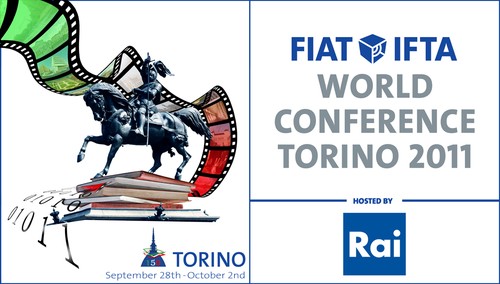8th International Conference on Preservation of Digital Objects (IPRES 2011)
http://ipres2011.sg/
November 1-4, 2011
Singapore
The National Library Board, Singapore and the Nanyang Technological University are pleased to host the International Conference on Preservation of Digital Objects (iPRES 2011) in Singapore in November 2011. iPRES2011 will be the eighth in the series of annual international conferences that bring together researchers and practitioners from around the world to explore the latest trends, innovations, and practices in preserving our digital heritage.
Digital Preservation and Curation is evolving from a niche activity to an established practice and research field that involves various disciplines and communities. iPRES2011 will re-emphasise that preserving our scientific and cultural digital heritage requires integration of activities and research across institutional and disciplinary boundaries to adequately address the challenges in digital preservation. iPRES2011 will further strengthen the link between digital preservation research and practitioners in memory institutions and scientific data centres.
PROGRAMME:
http://ipres2011.sg/pages/programme-overview
iPRES2011 will feature an intensive 1-week program, starting with a set of tutorials on Tuesday, November 1st. This will be followed by 3 days of the main conference Wednesday-Friday including panel sessions, poster sessions and spotlight talks. Between Wednesday and Friday a number of focussed workshops will take place. All this will be accompanied by a social programme offering ample room for discussion and deliberation.
REGISTRATION:
Registration is now available online at http://ipres2011.exxelnet.com/. For all enquiries, please write to Roslinda_Rahman@nlb.gov.sg with the title “iPRES 2011 Registration”.
Early bird registration closes October 15th 2011
Please make sure to register as early as possible to make sure you benefit from the reduced early registration rates!
TRAVEL INFORMATION AND ACCOMMODATION:
Travel information is provided at http://www.yoursingapore.com/content/traveller/en/plan-your-trip/travel-essentials/general-travel-information.html.
A list of accommodation options in the vicinity of the conference venue can be viewed at http://ipres2011.sg/pages/arrival-and-accomodation. Accommodation should be booked directly.
We are looking forward to welcoming you in Singapore in November.
Sent on behalf of the General Co-Chairs:
Schubert Foo, Nanyang Technological University, Singapore
Shigeo Sugimoto, University of Tsukuba, Japan


